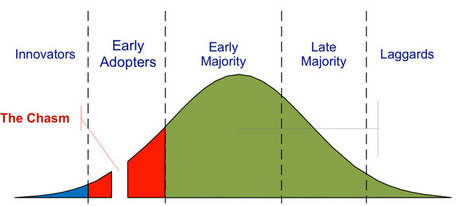A solid partnership between management and the department can lead to better results and increased profits.
Research and publish the best content.
Get Started for FREE
Sign up with Facebook Sign up with X
I don't have a Facebook or a X account
Already have an account: Login

Shipley Asia Pacific: Business Development - Support leaders improve their BD as a process, not a job description. e.g. full BD-CMM - aka Market Entry, Segment Positioning, Capture Planning & Coaching, Bid and Proposal Planning and Management, Customer Success Stories
Curated by
Jeremy Pollard
 Your new post is loading... Your new post is loading...
 Your new post is loading... Your new post is loading...

Charlotte Hitchcock's curator insight,
July 25, 2014 4:49 AM
We need to learn to get the right priorities which may mean losing activity for a while but the long teem benefits will outweigh any kind of loss |
|



































I think the sales & marketing disconnect starts, and fails with the disconnected CEO.
The buck stops at the top if a function this critical is not working.
Renee nails the key questions CEOs absolutely MUST ask, understand and act upon for more constant revenue, and lower cost of sales.
And yes, I do believe it can be this simple...